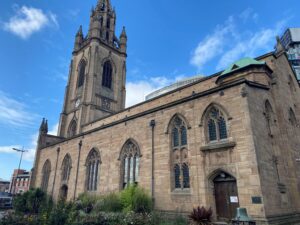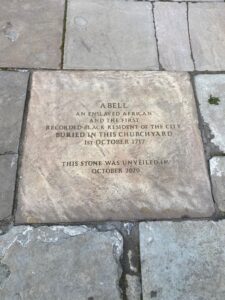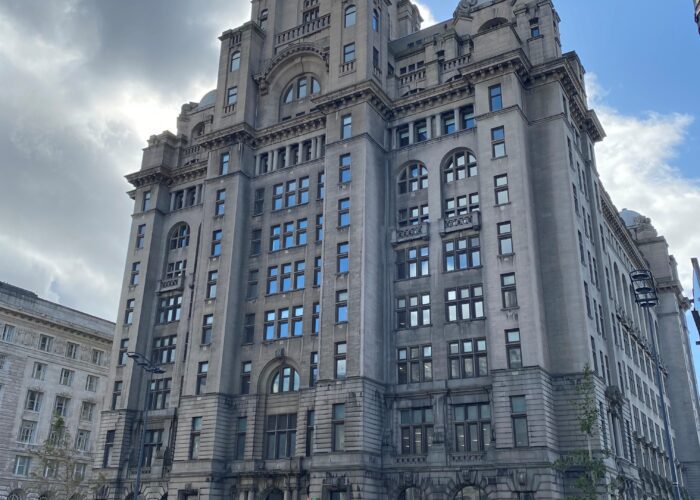
Liverpool is rich with history and culture but many people are unfamiliar with its origins and heavy involvement in the slave trade.
As a prominent slaving port in the late 18th century, Liverpool was making about £300,000 a year from the slave trade with some reports claiming Mersey ships carried nearly 1.5 million Africans into slavery.
The Davenport papers, held in Liverpool’s Maritime Museum, are a collection of letters about the workings of the transatlantic slave trade. The collection takes its name from the Liverpool family business to which the correspondence is addressed. They consist of 12 volumes and 13 bundles and document the gender and age of enslaved people. The papers also highlight how enslaved Africans were thought of as objects, rather than people.
Historian Laurence Westgaph said: “Liverpool has been shaped by people of African descent because the city grew up on the back of the slave trade. In the 19th century it grew on the back of enslaved produced goods, whether that be sugar or cotton.
“We can’t talk about the development of Liverpool without mentioning the contribution that black people have made.”
https://soundcloud.com/user-981670608/laurence-westgaph-interview-mixdown/s-y4lKo0YXaZx
Black History Month runs throughout October and many are acknowledging the impact black people have had on the city while not forgetting the stark significance of the slave trade.
Lord Mayor of Liverpool Anna Rothery said: “As a city we are facing up to the grim injustices of our past and acknowledging our role, in not only the slave trade, but also the systemic dehumanisation of those forcibly enslaved.”
A plaque of the first known black resident in Liverpool was unveiled at Liverpool Parish Church (Our Lady and St Nicholas) at the beginning of the month in honour of Abell who was buried in the churchyard on October 1, 1717.

The Revd Canon Dr Crispin Pailing, Rector of Liverpool said: “Abell was buried in the churchyard at St Nick’s and we wanted to mark that anniversary. However, the fact that it is Black History Month allows us to draw attention to the wider significance.
“The horrific life of an enslaved African cannot be celebrated, but we can celebrate his significance at the beginning of a black presence which has brought considerable benefit and cultural enrichment to our city.”
Westgaph found Abell as part of his PHD research and revealed: “I basically found him by going through parish registers.
“I put together a database of every reference to a black person in the parish records and based on the date of his death (1717) that makes him the first easily identifiable black burial in Liverpool.”
The International Slave Museum is also promoting Black History Month by supporting black creators. The museum is releasing interviews, collections and features about Liverpool’s black community including an interview with Artist Shane D’Allessandro, taking about his latest work and the Black Lives Matter movement.

